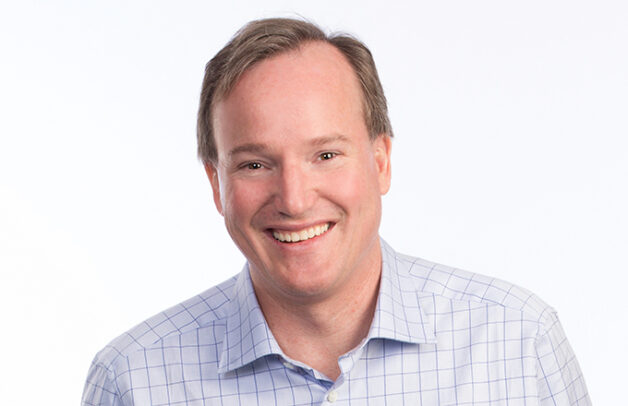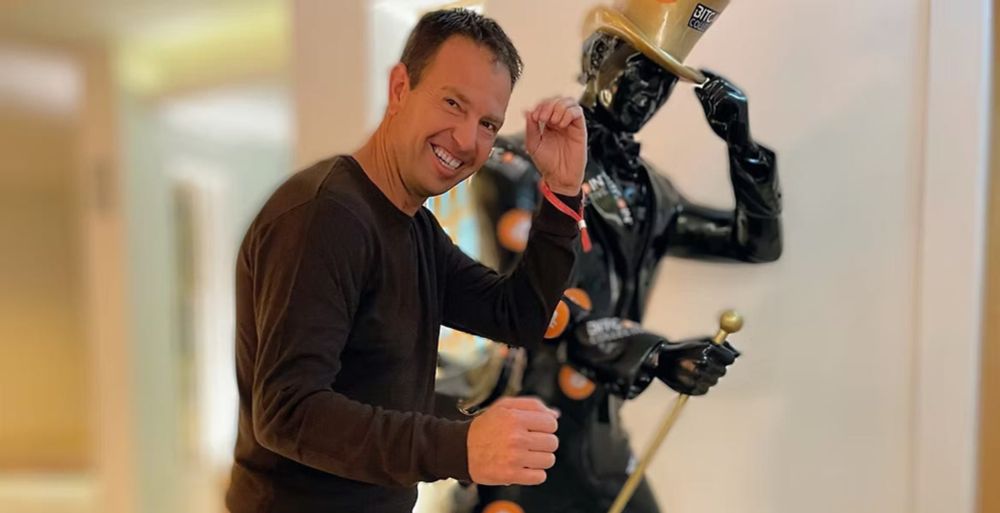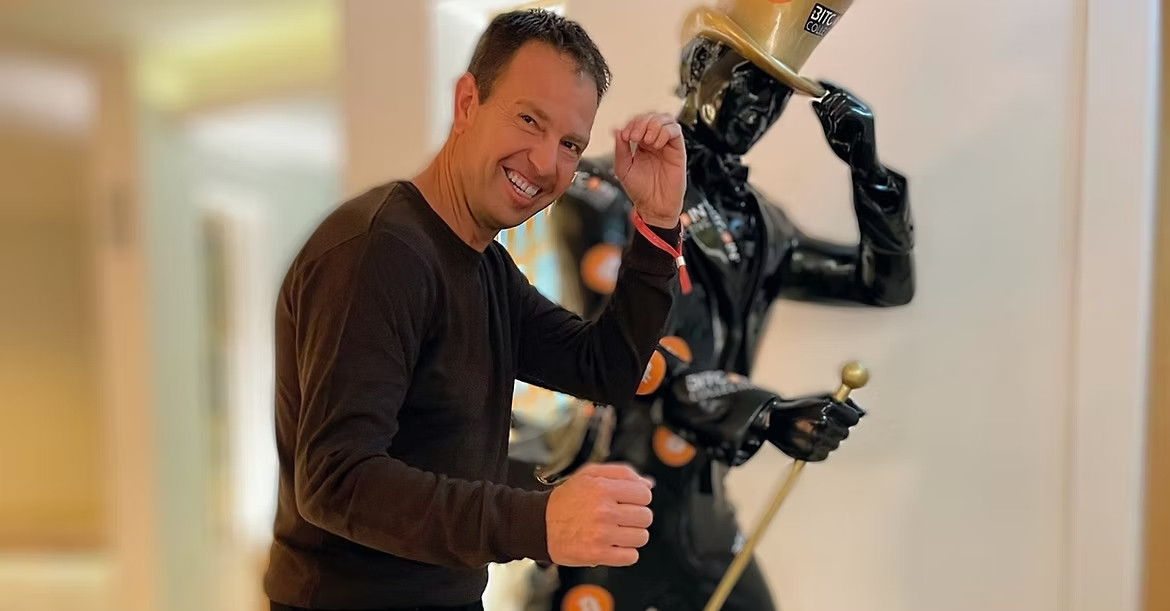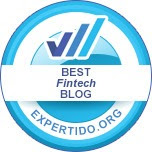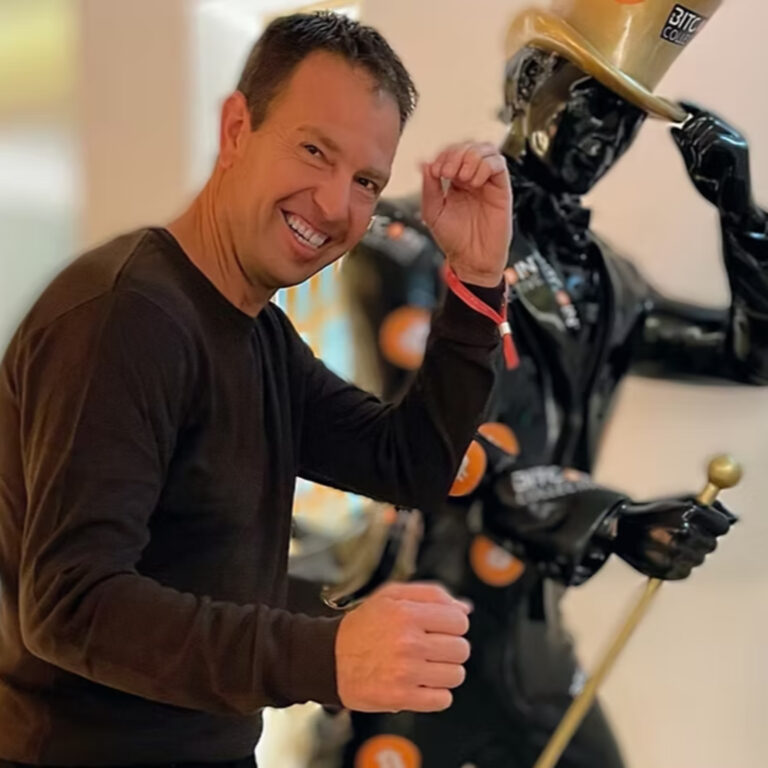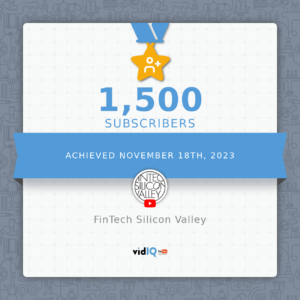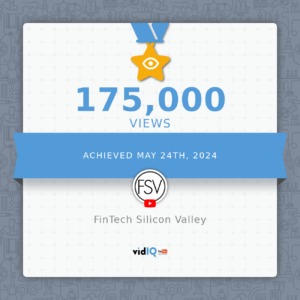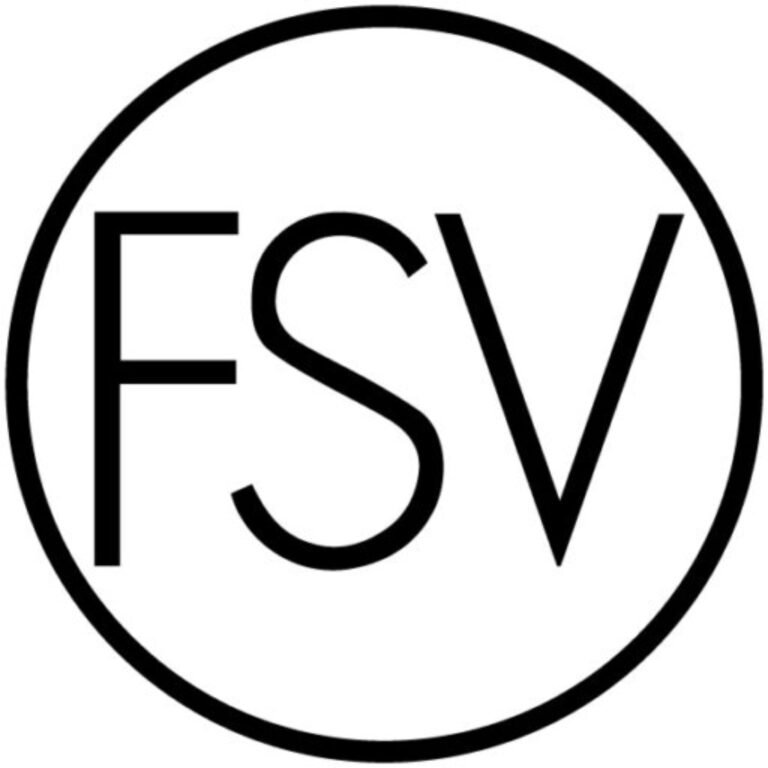
Chip Hazard, Partner Flybridge Capital Chip’s investment interests and experience broadly cover companies and technologies in the information technology sector. He is also an investment partner in XFactor Ventures, a Flybridge community fund focused on investing in female founders. Before co-founding the firm in 2002, Chip was a General Partner with Greylock Partners, a leading venture capital firm he joined in 1994. While at Greylock, Chip led or participated in numerous successful investments in the enterprise information technology field. Prior to Greylock, he was with Company Assistance Limited, an investment and consulting firm in Warsaw Poland; and Bain and Company, an international management consulting firm. Chip received a BA with honors from Stanford University and an MBA from Harvard Business School where he was a Baker Scholar and a Ford Scholar.
Chip Hazard, Partner Flybridge Capital Chip’s investment interests and experience broadly cover companies and technologies in the information technology sector. He is also an investment partner in XFactor Ventures, a Flybridge community fund focused on investing in female founders. Before co-founding the firm in 2002, Chip was a General Partner with Greylock Partners, a leading venture capital firm he joined in 1994. While at Greylock, Chip led or participated in numerous successful investments in the enterprise information technology field. Prior to Greylock, he was with Company Assistance Limited, an investment and consulting firm in Warsaw Poland; and Bain and Company, an international management consulting firm. Chip received a BA with honors from Stanford University and an MBA from Harvard Business School where he was a Baker Scholar and a Ford Scholar.
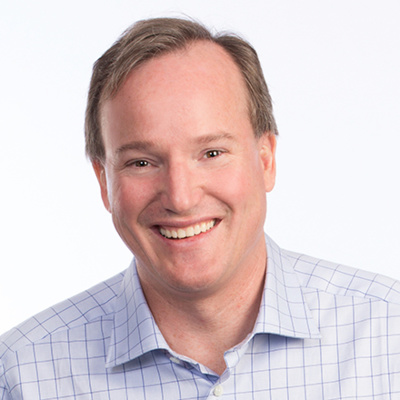
Transcription
PEMO: Well thanks so much for agreeing to chat today. A little bit about your perspective on the crisis for start for startups because of covert 19.
CHIP: Yeah, my pleasure. Thanks for, thanks for having me.
PEMO: So what is your main focus on investments?
CHIP: Yes. Flybridge is a seed stage venture capital firm. We have offices in Boston or in New York and we’re typically sort of first outside investors in young companies, particularly those were ambitious founders, sort of leveraging the power of community to drive growth and success.
PEMO: Great. And how, how is the outlook in Boston at the moment?
CHIP: I’m not sure. We’re in both Boston and New York. I’m not sure. The outlook is, is terribly different than it is globally. There’s lots of opportunities and lots of challenges and you know, this crisis is unlike any of the ones I’ve seen in 25 years of being a venture business. So it’s a, it’s an interesting time, that’s for sure.
PEMO: Sure. how are you managing your current investments, your portfolio companies?
CHIP: Yeah, we’ve been thinking about our current portfolio of really a long two main dimensions. One is sort of what impact this environment is having on their business, which you know, ranges in some cases from obviously negative to in some cases actually quite positive. There’s companies that are thriving in this environment whether it be online learning or telehealth or online grocery or things like that. And then a quarter companies, which is most of our portfolio that are sort of in the B2B SAS world that are sort of in the middle of, you know, actually doing reasonably well cause they’re part of big macro trends that are continuing but very nervous about the impact of obviously abroad and global economic downturn. So that’s one dimension that, that we are obviously focused on. And then the second one is where the companies stand in terms of their capital raising life cycle. And then do they need to raise money in the next six months, which is more problematic or do they have runway and capital to support their continued growth and investment? You know, for 12 to 24 to 36 months, in which case, you know, they’re in a slightly different category. So we’ve been very much focused on sort of understanding and helping our companies and founders sort of know where they stand and, and then plan accordingly with each of the different dimensions, you know, having a different set of plans that are required for each company.
PEMO: And so what is the general advice that you’re giving your portfolio companies at the moment? Moving for moving forward?
CHIP: Yeah, I would say the first, an overarching piece of advice is, is on one hand extreme caution and you know, the, the way for startups to manage that as obviously thinking very carefully about how much they’re spending and making sure that every investment they’re making is being sort of heavily scrutinized and focused on the most important activities. So that’s one dimension. And then the other is in most of our companies at this point in time, I would say we’ve sort of gone through that analysis of trying to understand, you know, what is an appropriate level of investment for where they are in their growth trajectory. And, and the second is trying to turn the, turn the table to being slightly more optimistic and thinking about how do they create opportunities in a difficult time. And that may be making critical hires that, you know, were perhaps hard to make before, but suddenly there’s, there’s more availability of talent or taking advantage of this environment to really get very, very close to customers. We’re finding in a lot of our B to B companies that they can actually engage with customers at a level of detail that perhaps it’s harder when, when everybody’s running around. And so, you know, it could be driving customer intimacy and, and a level of sort of product insights that could be really important or it could be looking for new opportunities that are created because of this environment and slight pivots to business models or changes in focus that that maybe seemed like more fruitful opportunities for growth at this time.
PEMO: Correct. And I know my big concern is obviously the human factor and I’m wondering you know, are you able to support some of your founders as regards to that? Because obviously there’s a lot of fear and panic, not just in the startup ecosystem, but as you said, globally, everywhere. And I just wondered you know, are you able to, or do you have any thoughts on how to support them in that?
CHIP: Yeah, a hundred percent. You know, and that’s the part that I think makes this crisis so difficult is, is it’s not just a economic downturn like we live through and no, wait around. I’m, it’s a, it’s a health and safety downturn where you’re concerned about the wellbeing of yourself and your employees and your family and your loved ones. And, and then there’s, you know, top it all off, just a huge degree of uncertainty in terms of what does a recovery look like and when does that happen and how does that happen? And so that all just creates a tremendous amount of anxiety. And so we’ve, we’ve, across our portfolio, you know, I’ve been trying to engage either one-on-one or group forums to provide opportunities for people to connect, you know, share their concerns, you know, be the voice on the other end of the phone.
CHIP: When folks are wrestling with issues, even if there’s not a known solution, you know, this, that listening and that level of empathy I think can be helpful. So, you know, that is very much something we’re focused on. And, and I’ve been wowed by the resilience of our founders. They, they, you know, I guess you have to have a certain level of grit and perseverance to be a great founder coming, coming through in spades. So that’s been a, that’s been encouraging, but being able to, you know, one of the interesting aspects of this environment, I think people are too, circumstances becoming more human. There’s something about maybe having zoom calls where you’re sitting in someone’s living room or kitchen and their kids are running in that, you know, we all can be a little bit more human and a little bit more connected, which is, which hopefully will be a positive takeaway for all of us.
PEMO: Yeah. there’s I had a conversation with Fred Destin who was in Boston years ago in, and now he’s in London with stride VC and he was saying, you know, obviously it’s a, it’s a time for people to look at themselves. Because a lot of us are us self isolated. We, we only have contact through phone or zoom. And I wondered if you’ve sort of seen that with your founders.
CHIP: I would say the, the desire to connect I think is, is something we all, even for those of us who maybe didn’t feel that in the old days, there is this desire to connect and to have real experience. And so we’ve been trying to, you know, do the best we can to replicate some of that. Our, our internal team at flybridge, we, every day we have a half hour catch up just on life and encouraging our companies to do the same. Many of our CEOs are communicating with their teams you know, on a daily or, or every other day basis via video and, and town halls and other forums just to give people that chance to check in. And I think the best managers and leaders are, are checking in with their teams, not on particular work activity, but just on life. Because it is that kind of environment where, where you need to understand where someone stands relative to the other constraints in their life. And so that becomes very important.
PEMO: Yes. We’ve never seen a crisis like this. Maybe we’ve seen and lived through past finance business crisis, but not not this one on the personal level I think, or the human level.
CHIP: Yeah, no, I think that’s right. What I tell people is it feels like, it feels like the sort of health and safety concerns you had, particularly if you were in New York around nine 11 with the financial and economic concerns that you had. No. Eight or nine and you know, with a healthy dose of uncertainty on top of it. And that makes for a very challenging environment
PEMO: And needs a lot of true grit. Obviously both for the investors and for the startups, I would imagine.
CHIP: Yes, for sure.
PEMO: How do you envision what’s coming now as far as investment possibilities, you know, in the next couple of years? Have you got some, I know it’s really hard to predict, but you’re obviously having to do something.
CHIP: Yes. Yeah. And we’ve, we’ve continued to invest we closed war investments since we went shelter in place in March. So we’re, we’re continuing to be active on the new investment front. I think one of the takeaways that we had from, from previous cycles is that sometimes, you know, when, when it’s dark days in terms of the current environment, you know, that really has very little bearing on the ultimate success and actually can, can be inversely correlated with the ultimate success of the company. So, so we believe it’s a good time to be starting. You can, as I mentioned, sort of gain access to customers and get their insights. They may not be ready to buy quite now, but they are certainly able to provide a lot of direction on product and product design. You can gain access to people to, to work on your initiative.
CHIP: So it’s a good time to start. And so we are continuing to invest behind those founders who have that grit and perseverance to start in the darkest of jobs and are excited to be doing so. And there’s clearly some sectors that, you know, we’re going to continue, you know, big trends that we’re perhaps under underway will be accelerated through this environment. And so those are, those are obviously attractive. I would say on the flip side, you know, the two hard parts that we wrestle with in terms of new investments, one is decision making in an uncertain times is just generally hard. You know, because we invest so early, all of our companies are ultimately going to need to raise additional capital. And so where’s that additional capital going to come from on what terms? And so that level of uncertainty, how quickly can companies grow in this environment, that level of uncertainty is, is hard. And then the second one is obviously, you know, committing to investments where we haven’t met the founders yet in person. And so, you know, figuring out a diligence process, you know, over zoom and to get to know you process over zoom is, is new. And so we’re, we’ve wrapped our arms around that and, and feel like we’ve, we’ve come to a good place. But all of that just makes for a slightly more difficult environment, certainly for founders that are looking to raise capital.
PEMO: Right. And so this is an interesting question. But where do you think how is it going to look of, for us all generally you know, after this crisis, do you think things will go back to normal or do you think there will be a new normal, everyone seems to have different opinions about this.
CHIP: It certainly depends on which dimension one defines normal. If you if you think about the work environment is one dimension, I believe there, there will be a new normal you saw this with Twitter saying employees can work from home permanently. The remote first movement that was certainly underway the accommodating employees to sort of live and work wherever they want, as long as they’re contributing. I think that’s clearly going to continue. So, so sort of future office environment of everybody in one room working together that physically in the same space as is, is highly likely to be a thing of the past. And, and again, I think that’s net positive for, for startups. It requires a different skill set in terms of management and alignment and ensuring people feel connected. And there’s ways to do that that we’ve seen, you know, some of our companies that have been remote for the last five years do effectively.
CHIP: So that trend I think will, will continue in terms of the economic environment. If you, if you think about, again, sort of big macro trends, you know, some that have been underway for a number of years, but you know, the push to the cloud and SAS and things like that, you know, if you were cloud native and all your applications are in SAS, the move to remote was seamless. If you were a laggard on that, the move to remote was quite painful. And so certainly, you know, sectors like that will be accelerated. Online learning is a sector that will clearly be accelerated telehealth, the sector that will clearly be accelerated. So there’s some obvious, you know, big changes that will, that will sort of move much more quickly as a result of this crisis. And, and I think we will end up in a, in a very different you know, work in life in communication and collaboration position and, and some of those will be quite positive. Again, that human connection maybe a little bit more empathy for each other. Maybe a little bit higher degree of concern and focus on the environment and the climate will hopefully be helpful outcomes. But it’s going to take some, some time certainly for the economy to adjust and, and, and get back on its feet.
PEMO: Right. And what, what, what would you like to leave us with? Like what takeaway would you like to leave us with? What’s the big learning that you’ve already had? Obviously none of us really on some level could have predicted this crisis, although they tell me that bill Gates did. But I don’t think any of us could have predicted the experience of it really. So I’m just wondering what takeaway do you have already for yourself and therefore for your portfolio companies?
CHIP: I think one of the things that I’ve always maintained with startups is the reason they win is because of their ability to be, be exquisitely focused and also execute in a way that’s just extremely rapid and iterative and agile. And, and that’s why a small five person company can ultimately, you know, grow up to take on the giants if you will, is because they have that focus and that agility. And, and certainly one of the things we’ve, we’ve seen in this environment and, and again, all the credit goes to our founders is their ability to adapt and just watching sort of the speed of decision making and the creativity that people are applying and really trying times has been inspiring. And so I, I think for founders, that’s the, the takeaway is to recognize your strengths come from that agility and come from that focus and the ability to move in ways that, that larger companies can’t. And those that take advantage of that I think will, will be well served for doing so. So that’s in our narrow little world of startups. That’s certainly my number one takeaway.
PEMO: Fantastic. Well that’s very hopeful and that, yes, you’re right. I’m definitely you know, if you have that leaning towards being in a startup and even being an investor really, you have to have that sense of being able to live with risk and being able to move and pivot really quickly. And this one really, really hit us quickly and hard. So I really appreciate all your thoughts tonight, today, tip. And I look forward to maybe connecting when we are in the new normal. See, comparing notes.
CHIP: You got it. I’ll look forward to that very much. Thanks so much. Cheers. Bye.
